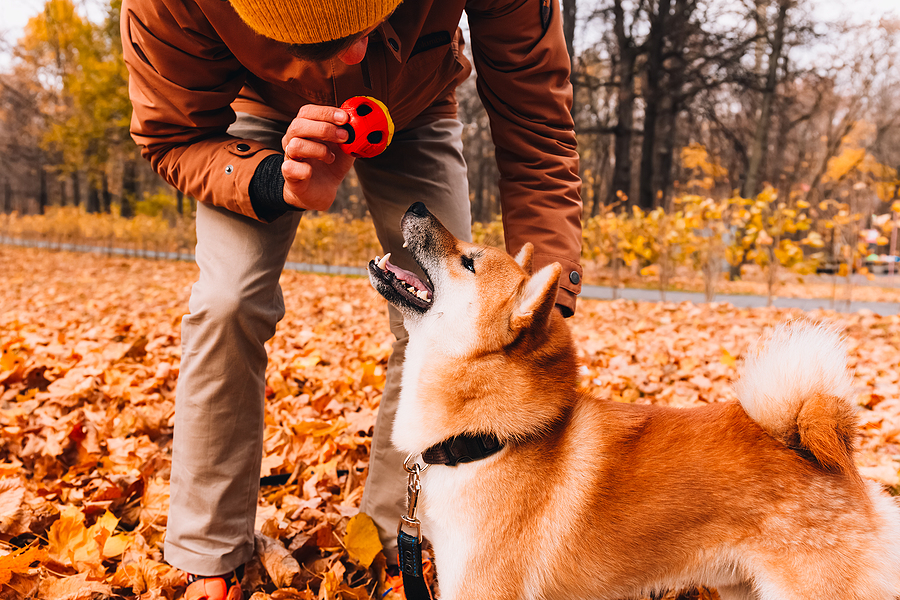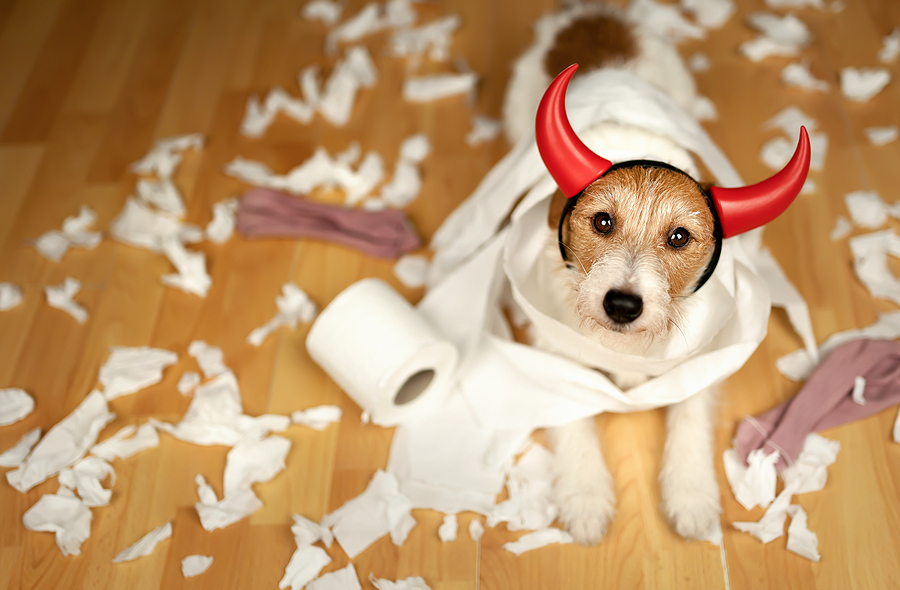Training a puppy can be a joyous experience. Watching a young pup learn new behaviors and commands is a rewarding experience for any dog owner. But what if your puppy isn’t so young anymore? Is training an older puppy possible, or have you missed your chance?
The good news is that training an older puppy is definitely possible. While puppies do have a critical period for learning during their first few months of life, they can continue to learn and adapt well into adulthood. It may take a bit more patience and persistence, but with the right approach, you can teach an older puppy new tricks.
Benefits of Training an Older Puppy
Before we dive into the nitty-gritty of training an older puppy, let’s take a moment to consider why it’s worth the effort. Here are just a few of the benefits of training your older pup.
Better Behavior
Dogs, like people, thrive on structure and routine. Training your puppy to follow rules and commands can lead to better behavior overall, including fewer accidents in the house, better interactions with strangers and other dogs, and less destructive chewing.
Bonding
Training is a great way to build a bond with your dog. Spending time together, working on new skills, and learning to communicate effectively can strengthen your relationship and make your furry friend feel more connected to you. After all, they are your new best friend.
Mental Stimulation
Dogs need mental stimulation just as much as physical exercise. Training provides a way to challenge your pup’s brain and keep them engaged and entertained.
Boredom can pose a significant challenge when training an older puppy. If your pup is bored, they may be less motivated to learn new behaviors and commands, and may even become distracted or destructive during training sessions.
Tips for Training an Older Puppy
Start Slow
If your puppy has never received any formal training, it’s important to start slow. Begin with basic commands like “sit,” “stay,” and “come.” As your new companion masters these skills, you can move on to more complex behaviors.
Use Positive Reinforcement
Positive reinforcement is a powerful tool in dog training. When your puppy exhibits desired behavior, reward them with praise, treats, or toys. Avoid punishing or scolding for mistakes – this can create fear and anxiety and may even make problem behaviors worse.
Dogs have the ability to understand words and can learn a range of commands and cues. However, dogs rely more on tone and body language than on the specific words being used. Dogs are highly attuned to the emotional content of our voices, and can detect subtle changes in tone that convey different meanings. This is why it’s important to use positive tones when training your older puppy – it will help them understand what you’re trying to communicate and build a stronger bond between you.
Be Consistent
Consistency is key in training. Make sure everyone in your household uses the same commands and rewards to avoid confusing your pup. Stick to a regular training schedule, and be patient – your dog may need time to adjust to new routines and behaviors.
Keep Sessions Short
Puppies have short attention spans, so it’s important to keep training sessions short and sweet. Aim for sessions of 10-15 minutes at a time, and be sure to end on a positive note.

Challenges of Training an Older Puppy
While training an older puppy is certainly possible, there are some challenges you may encounter along the way.
Habits
If your puppy has been allowed to develop bad habits, such as jumping on people or barking excessively, it may take longer to correct these behaviors. Be patient, and don’t give up – with consistent training, even long-standing habits can be broken.
Health Issues
Older dogs may have health issues that make training more difficult. For example, an older dog with arthritis may struggle with physical commands like “sit” or “lie down.” Be sure to work with your vet to address any health issues your senior friend may have and adjust your training plan accordingly.
Training History
If your older puppy has had previous training experiences, they may have developed habits or associations that need to be addressed. For example, if your pup has been trained to sit on command but only in certain environments, they may struggle to generalize this behavior to new situations. In this case, it may be necessary to retrain the behavior in different environments.
Patience
Training an older puppy can require more patience and persistence than training a young pup. Be prepared to put in the time and effort needed to help your furry friend learn new behaviors.

It’s Never Too Late to Start Training
At Beau’s K9 Academy, our experienced trainers and specialists can help in training an older puppy. We understand that older puppies may have unique challenges and behaviors, and we are committed to bridging the gap in communication between you and your furry friend. Our wide selection of training classes, including private lessons and board-and-train programs, are tailored to the needs of older puppies, and our compassionate professionals are dedicated to helping them achieve success. Contact us today to provide your older puppy with the best possible training.
With the right approach and a little bit of hard work, you can help your pup become a well-behaved and happy member of your family.

